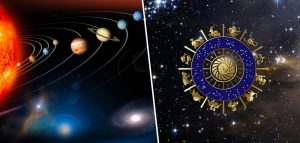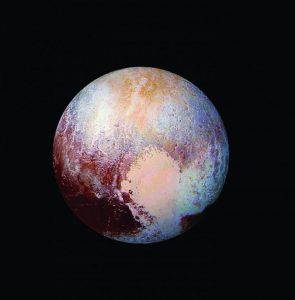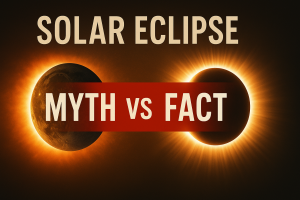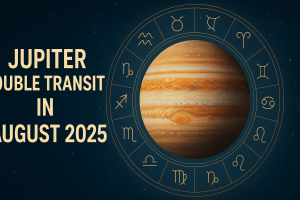What Is Astronomy
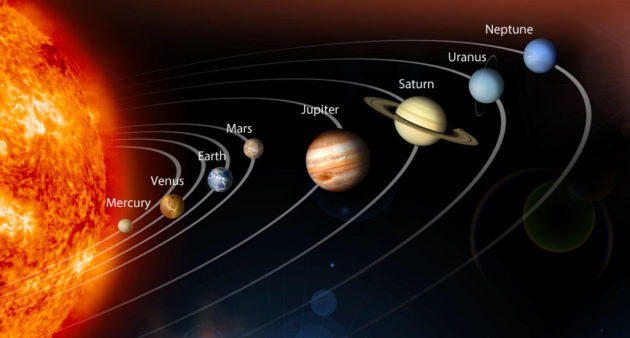
What is astronomy? Astronomy refers to the observation of the universe around us. It concerns the celestial objects including stars, planets, comets, stars, and different phenomena surrounding these celestial objects. It derives from two Greek words, meaning “astronomica,” which refers to “the school of astronomy,” and “kosmos,” which refers to “the universe.” Combining these two words, astronomy literally means “school of stars.”
The term for astronomy used commonly by laymen is “astronomy.” In the seventeenth century, Sir Edwin Wallace discovered that the earth orbit around the sun was elliptical. Using this information, continental astronomers came to find that the moon and Mars were moving around the sun in a perfect circle, a phenomenon termed “the planetary motion.” A French mathematician named Isaac Newton came up with another idea that the earth was round, but he could not understand why it was moving around the sun, and why other celestial bodies were moving around it too.
astronomy and cosmology are not the same; however, the two disciplines are often used interchangeably, even by non-scientists. Cosmology is the study of how the universe and other larger systems function. Astronomy is the art of knowing about the universe and the particular details of individual heavenly bodies. Many modern scientists and astronomers use both cosmology and astronomy in their research. Both are an important part of scientific study, although cosmology is considered more scientific than astronomy, in general.
There are many similarities between astronomy and cosmology. For example, both require that there is a great deal of knowledge about the specific properties of celestial bodies. The big question for scientists is exactly what are the properties of all the tiny natural satellites orbiting our earth as well as our own solar system. They also have to determine the properties of our own galaxy as well as many of the many nearby galaxies beyond. Astronomy also involves learning about the structure of space-time itself.
Astronomy has helped us learn a great deal about the universe and our place in it. Through scientific research, we have learned about stars, planets, white holes and comets. Through observatories on earth and space-based telescopes, astronomers have found that there is a vast connection between the structures of stars and galaxies as well as the laws of electromagnetism and gravity. The International Astronomical Union (IAU) and the European Astronomy Association (EAA), the governing body of astronomical associations, together with the United States National Radio Astronomy Society, have an official plan for maintaining and improving our understanding of the universe and the nature of space.
There are two basic areas of what is astronomy. One is the observational side of things, where astronomers look for stars, planets, and other bodies outside of our solar system and beyond. The other is the experimental side, where scientists try to observe celestial bodies in their laboratories under strict controlled conditions in order to verify theories and predictions. There are also professional institutions such as the Jet Propulsion Laboratory (JPL) at NASA, The American Astronomy Society, The American Physical Society, The Royal Astronomical Society, and The University of Arizona which are involved in a wide range of studies involving our galaxy, the universe, and the structure of space-time itself.
There are two main goals of what is astronomy. The first goal is to understand more deeply the nature of the universe and how it works. The second is to use this knowledge to test theories and make new ones. This can help us understand better the mechanisms of solar systems, black holes, elliptical orbit calculations, gamma-ray bursts, space weather, and more.
What is astronomy isn’t just about finding new places for ourselves to look. It’s also important to have the right attitude toward what is science and what it can do for humanity. Science can tell us a lot about the universe and about the laws that govern it. It can also help us understand why some events seem to happen in very strange ways, what makes things seem like they are happening in ordinary galaxies instead of the unusual ones, and even point out the most unusual phenomena that is happening in our own galaxy.

